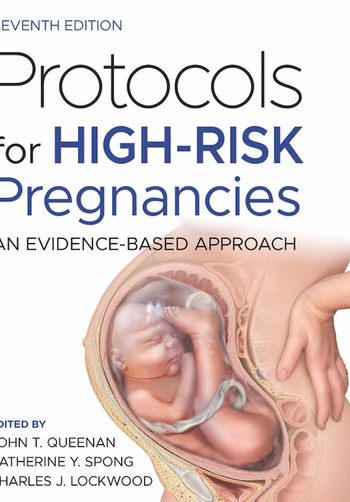
Snapshot: Protocol 18 - Peripartum Cardiomyopathy
a BELS-certified medical writer and editor, and an editorial consultant for Contemporary OB/GYN

Snapshot: Protocol 18 - Peripartum Cardiomyopathy
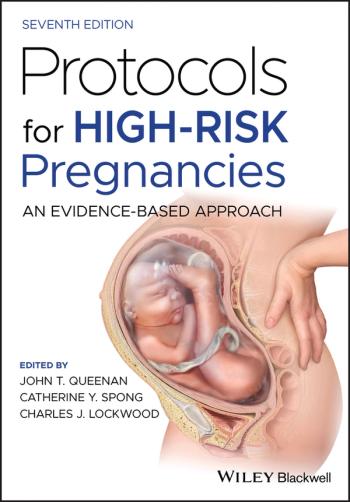
Snapshot: Protocol 56 - Shoulder Dystocia

The results of this retrospective study reflect experience with both vaginal and cesarean deliveries early in the pandemic, in comparison with similar periods in 2018 and 2019.
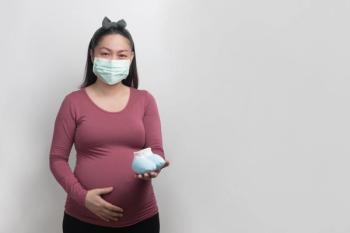
Findings from a retrospective study by researchers from NYU suggest that women with COVID-19 in pregnancy have an increased risk of placental abnormalities, regardless of whether their infection is symptomatic.

Researchers from Northwestern University Feinberg School of Medicine say that women who have children at home may be at higher risk of severe COVID-19 in pregnancy.

New research suggests that placental DNA may have potential as a biomarker for adverse pregnancy outcomes (APOs).

A new study by French investigators shows that adenomyosis confined to the outer myometrium is associated with primary infertility—but not more diffuse disease.

A new technique for repair of pelvic organ prolapse (POP) appears to be associated with good short-term outcomes, based on results of a new pilot study.

A new literature review suggests that several major barriers exist to care for the condition.

Findings from a new study by Australian researchers suggest that physical activity should be incorporated into cancer care during and beyond treatment.

In a first-of-its-kind report, investigators from New York City have described identification of SARS-CoV-2 RNS in placenta and membrane samples at time of delivery.

In the United States, marijuana use by adults has increased in recent years.

Results of a nationally representative study indicate that many young women receive bimanual pelvic exams (BPEs) and Pap tests that may be unnecessary, and not in compliance with the latest guidance from the American College of Obstetricians and Gynecologists (ACOG).

A new analysis by researchers who analyze crime statistics shows that in two major metropolitan areas, domestic violence reports increased during the COVID-19 pandemic.
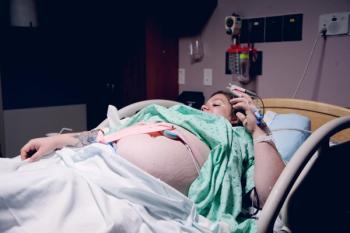
A nationwide study by Swedish researchers suggests that inducing labor at no later than 41 weeks could be one of the few interventions that reduce stillbirths.

Results of new research suggest that in Canada, hypothyroidism in pregnancy may be overtreated.

Risk of labor induction and cesarean delivery is increased in nulliparas who are obese, and use of misoprostol or insertion of a Foley balloon often fails in these patients, for reasons that aren’t fully understood.
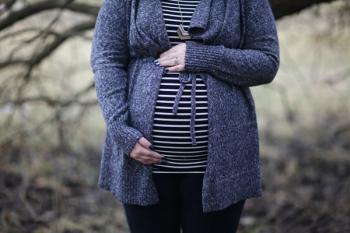


A new study suggests that certain sexually trasmitted infections, such as herpes simplex virus 2, may have a role in the development of certain types of ovarian cancer.

Results of a small study show that Kangaroo Care may positively affect infant neurophysiological development, particularly in the left front area of the brain.
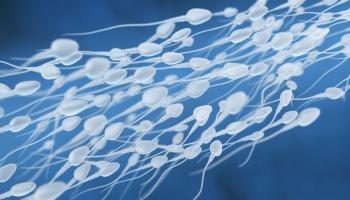
A large-scale clinical trial of dietary supplementation in couples being treated for infertility shows that taking folic acid and zinc does not increase sperm quality or live birth rates

Results of a new study point to a link between exposure to tamoxifen and aromatase inhibitors and reduced diagnoses of neurodegenerative diseases.

Reviewing a patient’s intake of opioids after cesarean may help optimize pain management post-discharge, according to results of a new study.

Finnish researchers say that maternal smoking during pregnancy leads to reduced infant body length and head circumference, effects that remain unchanged even if a woman stops smoking during the first trimester.
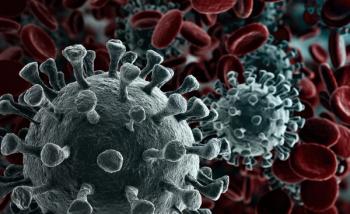
The Centers for Disease Control and Prevention (CDC) has posted a FAQ on coronavirus in pregnancy and interim guidance on breastfeeding in women who have or are suspected to have COVID-19.
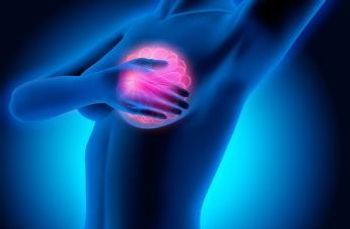
New findings shows that screening mammography that led to detection of triple-negative breast cancer (TNBC) resulted in similar outcomes for both white and African-American women.

In-depth interviews with program administrators in Texas show that changes to Title X are decreasing access to services for teens and the quality of those services.

Six single nucleotide polymorphisms (SNPS) may be strongly associated with endometrial cancer risk, according to a new analysis of the latest evidence on genetics of the disease.

An analysis of data from SWAN underscores the importance of monitoring women going through menopause for cardiovascular disease (CVD) risk factors.

Published: November 25th 2020 | Updated:

Published: August 26th 2020 | Updated:
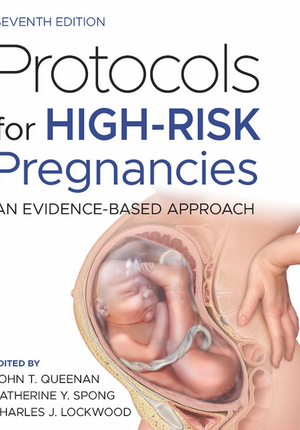
Published: December 25th 2020 | Updated:
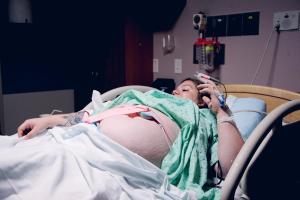
Published: July 7th 2020 | Updated:

Published: October 15th 2020 | Updated:
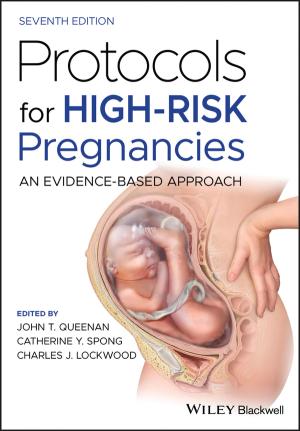
Published: December 9th 2020 | Updated: